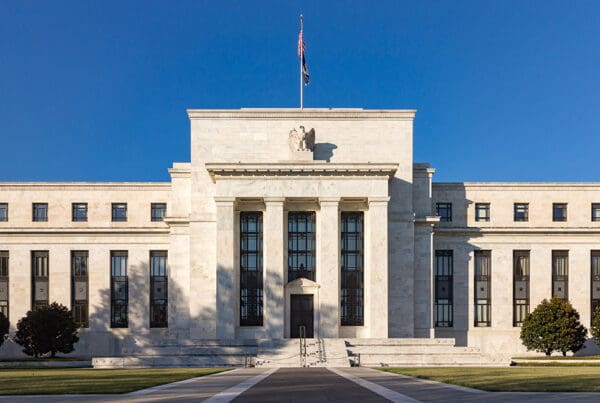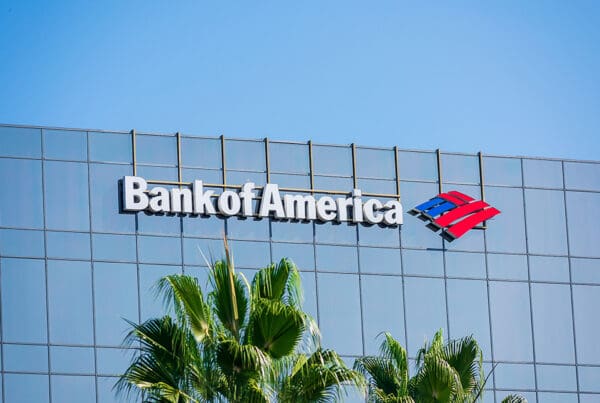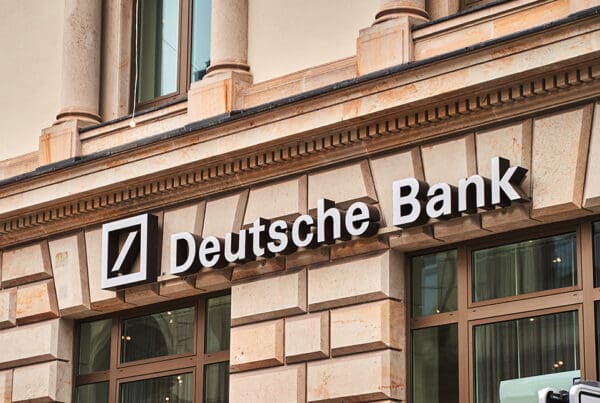The world’s leading stablecoin issuer, Tether, published its latest quarterly financial report on Thursday, revealing for the first time that it generated a profit. Tether, which Hong Kong-headquarter Ifinex owns, said in a new attestation report that it made a $700 million “net profit” in the December quarter. The company says it has added the money to its reserves.
Tether said its latest quarterly results were buoyed by interest rate hikes by the U.S. Federal Reserve, resulting in higher government debt yields. “Tether is not disclosing any financial information other than those reported in the CRR [Consolidated Reserves Report],” Tether told CNBC in emailed comments. Tether makes money from various fees, including a $1,000 withdrawal fee (with a minimum withdrawal requirement of $100,000), investments in digital tokens and precious metals, and issuing loans to other institutions. Tether is the issuer of USDT, the world’s largest stablecoin by market capitalization. Stablecoins are tokens that are always meant to be fully backed by an equivalent value of reserve assets. The idea is that when someone wants to sell one unit of tether, they get $1 dollar in return. But Tether has long been dogged by concerns that its token isn’t completely backed one-to-one by an equivalent value of reserves. Last May, USDT temporarily lost its peg when terraUSD, a so-called algorithmic stablecoin, plummeted to near $0. Tether said this was the result of volatility in the trading of USDT rather than a reflection of its ability to return cash to holders.











